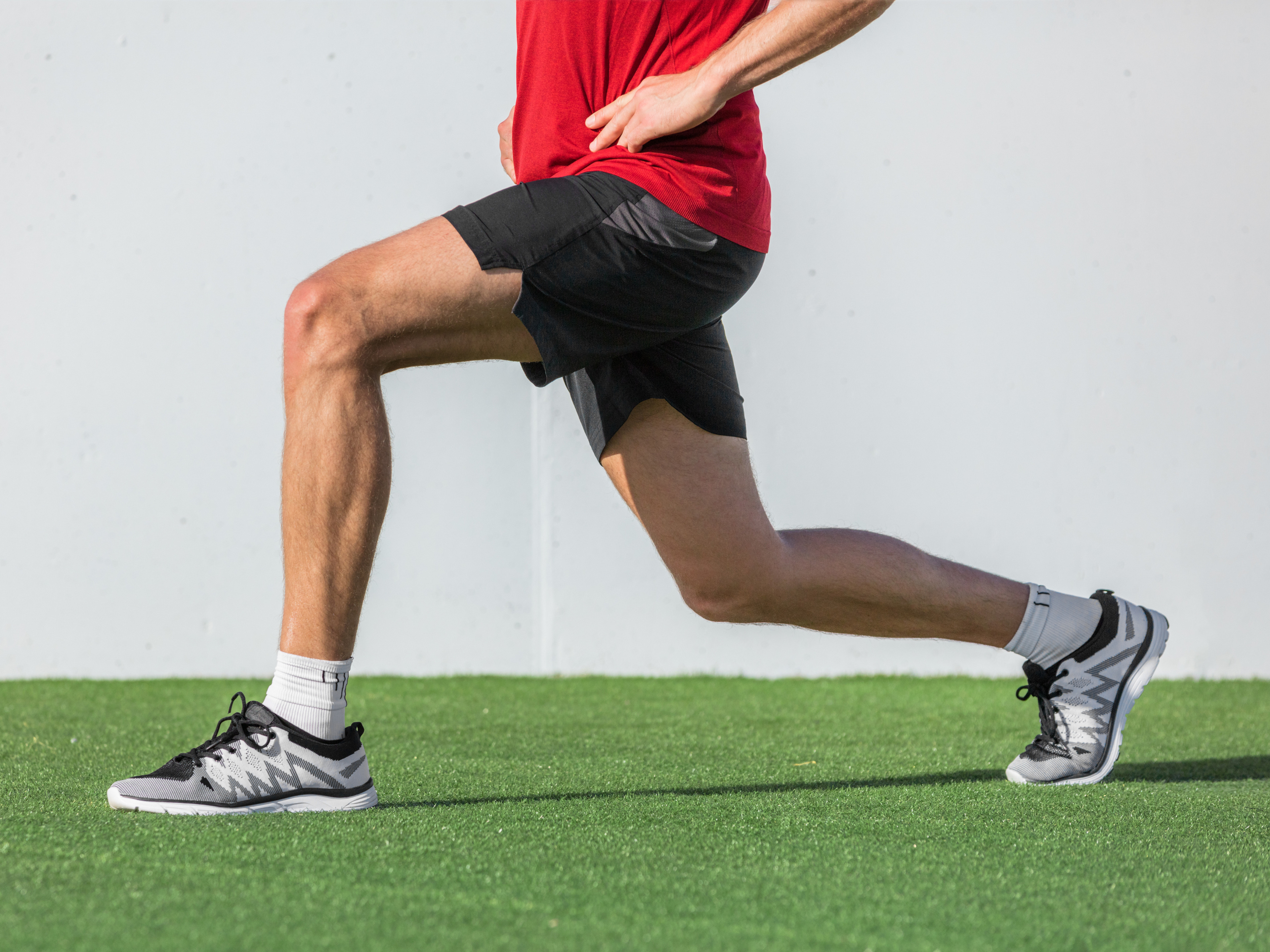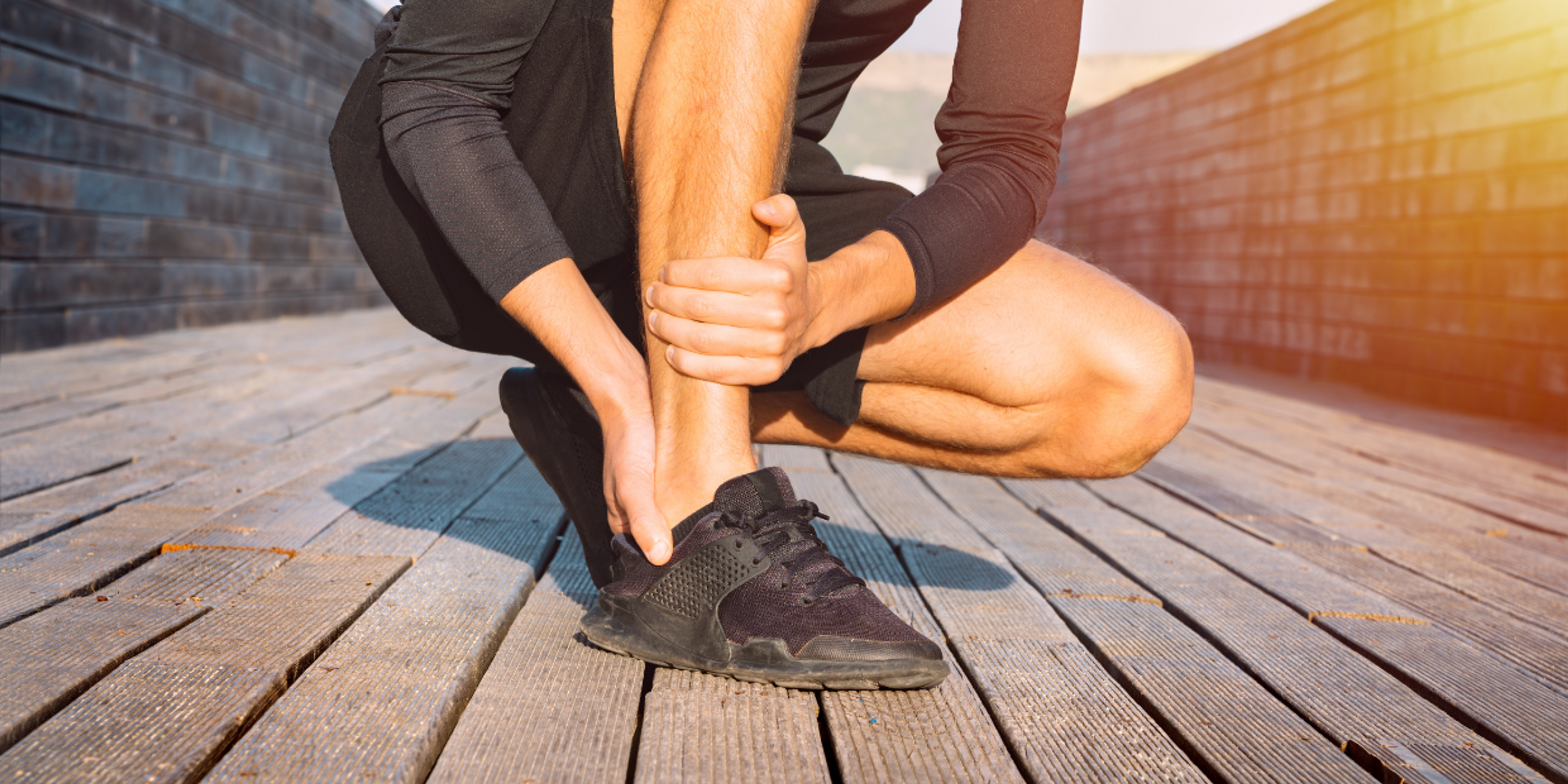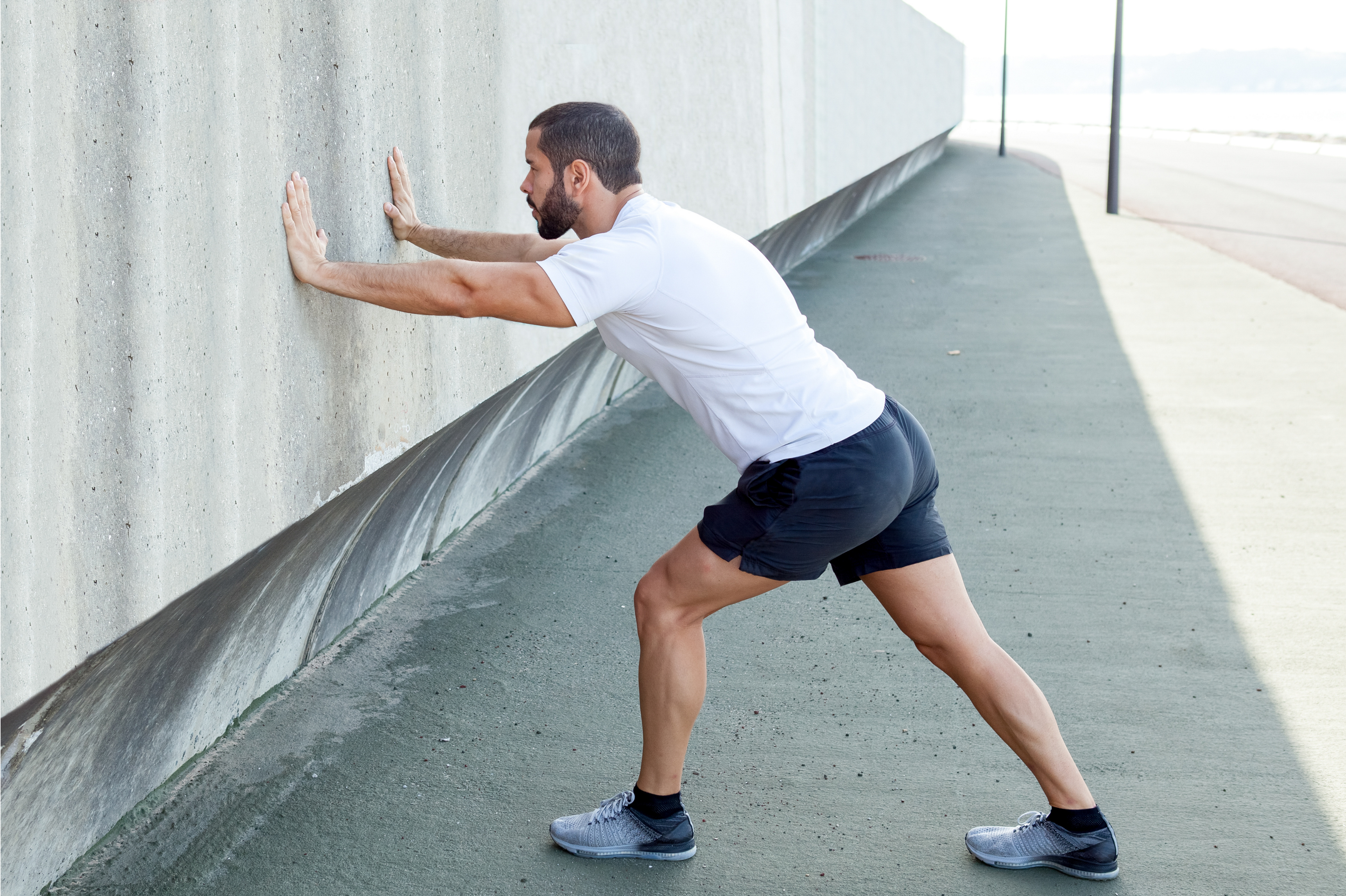Hendrik's top marathon hacks — 7 tips for the last days before the race
After the difficult Corona years, road races are finally back — offering us the long-awaited rewards for which we swapped the couch for icy kilometers outside several times a week, often even daily, during the winter months.
I rely on a few pro hacks leading up to the race to ensure race-day is a success. These have a significant impact but require little effort. They are also suitable for beginners.
1 - Don't force anything just before the race
Achieving perfect form on the day is less of a coincidence than you might think.
The dream of having "good legs" on day X can be brought a great deal closer to reality by well-dosed training in the last days before the race. On the other hand, you can quickly destroy it by false ambition and "teasing out" the form at the last minute.
Tapering, i.e., reduced training in the ten days before my marathon, is tremendously important for me. That doesn't mean taking a complete break but rather:
- doing about a third less training at similar intensities
- and consciously taking it easy the last three days before the race.
2 - Avoid "rubber legs" due to too much therapy
The same applies to recovery measures: Don't overdo it!
The temptation to achieve perfectly loosened muscles just before the race through massages, foam rolling, or sauna sessions is deceptive. After all, a certain amount of pre-tension doesn't do any harm during the race. Disciplined tapering will also leave your legs fresher than you were used to during the intense training weeks.
I have had better races when I avoided increasing my recovery measures excessively shortly before the competition.
3 - Full batteries for full power
The longer the race distance, the more valuable stable carbohydrate reserves are.
In the last days before the race, I find it helpful to eat a carbohydrate-rich and easily digestible diet such as pasta and rice. In the morning before the race, I eat a very unspectacular meal of light bread rolls with jam.
During this time, I consciously reduce vegetables and other high-fiber products to avoid going to the porta-potty during the race.
4 - The night before the last night counts
What sounds complicated has a simple explanation.
You rarely sleep well the night before a race — the nervousness is usually too great. The good news is that it doesn't matter. On the contrary, a certain amount of tension is usually a sign that your body and mind are already gearing up for the hard work ahead.
The night before is more important; you should make the most of it, including a good night's sleep and a late breakfast if possible.
5 - A "master plan" also helps in running
Going into a race relaxed does not mean you should be careless. It pays off to develop a plan for success in the days leading up to a marathon, guided by a realistic goal.
You should consider external factors, such as the weather conditions and the course profile with potential elevation gain.
Monitoring the race with split times is easy because most events have mileage markers. Especially at the start, the great atmosphere and euphoria of running in a huge crowd of people can tempt you to start at a too fast pace. Having planned split times can serve as a corrective measure and mental support, dividing the enormous distance of a marathon into smaller bites.
Many marathons offer special pacemakers for recreational runners. You can often recognize them by balloons with the planned finish time written on them.
A marathon also holds additional challenges that play a lesser role in shorter distances, like a classic 10-kilometer road race. Having a drinking strategy during the race is very important for me.
Don't wait until you're thirsty before you start drinking. As a professional, it is usual to take fluids every five kilometers, i.e., start drinking after the first five kilometers.
The key is to rely on the tried and tested!
So, my tip is to practice your optimum nutrition strategy during training.
Speaking of relying on the tried and tested — Using brand-new shoes on race day is never a good idea. The pair you use on race-day should already be broken in and have covered at least 50 kilometers.
6 - Make the competition special
Throughout my career, I have repeatedly succeeded in delivering performances in competitions that hardly seemed achievable in training.
There is a psychological trick behind this: Not to perceive the competition as a special event from the moment the starting gun goes off, but to generate positive tension in the hours and days beforehand.
In the case of major competitions such as a marathon, this begins with when I arrive. I deliberately arrive early to spend at least one full day at the venue before the race starts.
I use this day for a short course inspection, especially to find my way around the starting area, and take my time preparing my race clothes and equipment for the next day.
For me, it's all about minimizing any potential stress factor for the next day and starting the event with the necessary calm. In addition, these activities also prepare me mentally for the race and ensure that my thoughts are not still stuck on university or my job. Where possible, avoid rushing from the office or desk to the race.
Checklist for beginners
It can be helpful, especially for less experienced runners, to prepare a small checklist for the day before the race:
- Is my watch charged?
- Are my race number and clothes ready?
- Do I know where I have to be tomorrow and at what time?
It's best not to leave these questions until race-day.
Draw confidence from your training
It also helps my motivation to think about what I have achieved in my training over the last few weeks.
Reflecting on the training I've done helps me go into the race with confidence and to face the goals, which can suddenly seem very intimidating in the hours before the race, in a positive way.
The shoe for special occasions
A little psychological trick that has served me well is to wear my race shoes exclusively in competition, apart from the absolutely necessary break-in after purchase.
For this trick to work, you must reserve a pair exclusively for competitions, even if you use the same model in training.
It helps me focus and get even more out of myself because I associate wearing these shoes with doing something damn fast and important.
7 - Making the race a home game
Preparing for a marathon requires your heart and soul. This is reason enough to share the big day with your family and friends and push yourself in the process.
Knowing that familiar faces are waiting along the route to cheer you on can be enormously motivating and boost your performance. This is especially true beyond kilometer 30!
The thought of a reward waiting for you at the finish line can also work wonders. It's worth planning a delicious meal or a long-awaited outing beforehand, which the thought of at least dulls the pain in the last third of the marathon.
This article was first published in German in Laufzeit Magazin. It was created in collaboration with Hendrik Pfeiffer and the editors. You can find more information about Laufzeit Magazin on their website.



